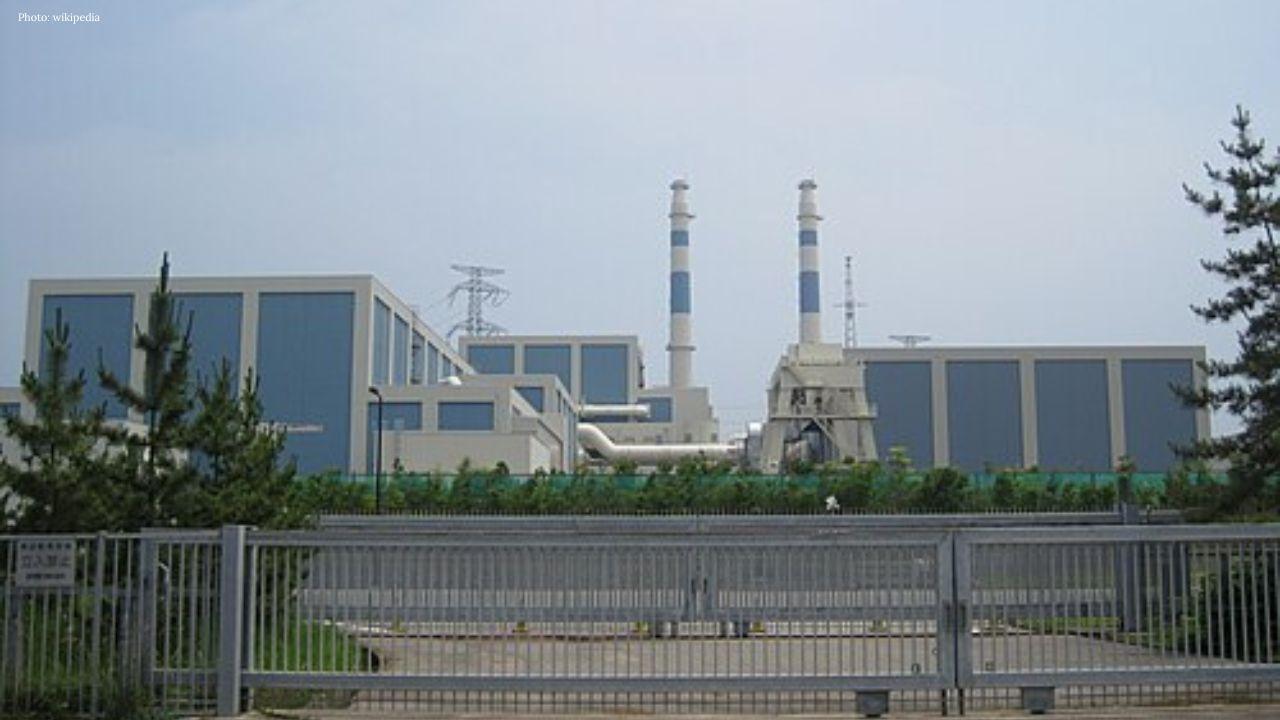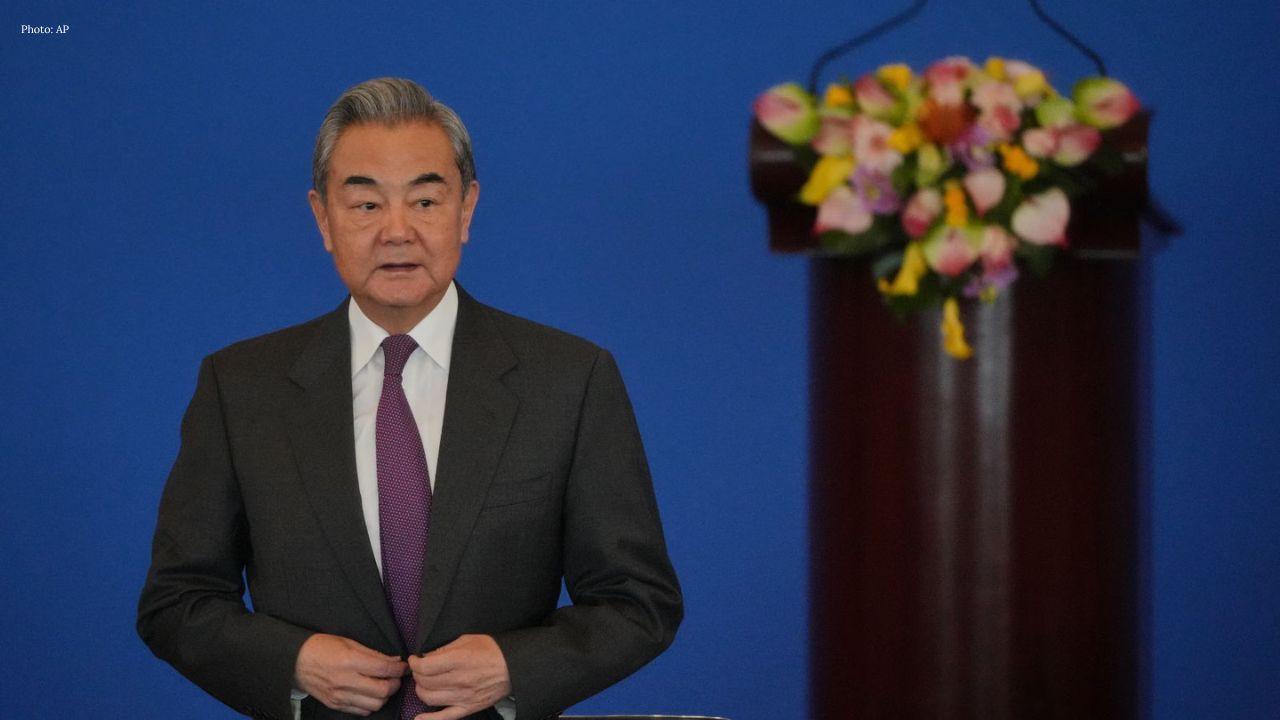You have not yet added any article to your bookmarks!

Join 10k+ people to get notified about new posts, news and tips.
Do not worry we don't spam!

Post by : Anis Farhan
East Asia and the Pacific have long been at the forefront of global economic growth, driven by rapid industrialization, trade, and innovation. But the next wave of change is arriving not from factories or exports, but from technology. Artificial intelligence, automation, digital platforms, and advanced robotics are reshaping how people work, what jobs exist, and who benefits from this transformation.
While technology has created immense potential for efficiency and new industries, it has also exposed cracks in the labor market. Income inequality is widening, and a significant skills gap is emerging between workers prepared for digital roles and those left behind. The challenge for the region is to harness the benefits of technological innovation while ensuring fairness and inclusion.
Automation is already transforming industries across East Asia and the Pacific. Manufacturing, which fueled decades of growth in countries like China, Vietnam, and Malaysia, is being reshaped by smart robotics and AI-driven systems. These technologies allow companies to reduce labor costs while boosting precision and efficiency.
Yet this transformation is uneven. While highly skilled technicians and engineers find new opportunities in maintaining and designing these systems, low-skilled workers risk displacement. The very backbone of the region’s earlier growth model—low-cost labor—may no longer guarantee economic security in the coming decades.
The rise of digital platforms has created an entirely new ecosystem of work. In countries such as Indonesia and the Philippines, gig platforms like ride-hailing, food delivery, and freelance marketplaces provide flexible employment for millions. These opportunities are particularly attractive to young workers seeking income in fast-growing urban centers.
However, the flexibility of platform work comes with precariousness. Workers often lack social protection, health insurance, or long-term stability. Moreover, while digital platforms create opportunities, they also highlight disparities: urban areas thrive with access to these jobs, while rural communities often remain disconnected.
One of the most pressing issues is the mismatch between the skills demanded by new technologies and those possessed by the current workforce. AI, data analysis, digital marketing, and cybersecurity are among the most sought-after skills, yet education systems in many East Asian and Pacific countries are still oriented toward traditional industries.
This creates a sharp divide: workers with higher education and access to digital training move into lucrative roles, while those without such access remain stuck in low-paying or declining sectors. The inequality is not just about wages but also about access to mobility and long-term career resilience.
Technology often favors those who are already advantaged. In East Asia and the Pacific, educated workers in urban areas reap the benefits of digital growth, while rural populations, women, and older workers risk exclusion.
For example, women face barriers in entering STEM fields, limiting their access to high-paying digital roles. Similarly, older workers, who may not be digitally literate, struggle to adapt to workplace technologies, making them more vulnerable to job losses. The result is a dual-speed economy: one part thriving with innovation, the other lagging behind in low-productivity jobs.
Closing the skill gap requires more than just reforming traditional education. Lifelong learning must become the cornerstone of future labor policies. Countries like Singapore are leading the way with national retraining programs, offering subsidies and online courses for workers to continually upgrade their skills.
Other nations in the region are experimenting with public-private partnerships where industries co-create training programs aligned with real-world needs. These efforts are crucial, as the pace of technological change ensures that skills relevant today may become outdated within a decade.
Another critical factor in addressing inequality is access to digital infrastructure. In many Pacific island nations and rural parts of Southeast Asia, connectivity remains limited, making it nearly impossible for workers to participate in the digital economy. Expanding broadband access and affordable digital tools can help bridge this divide.
Investment in infrastructure does not only boost inclusion but also drives economic resilience. When rural communities are connected, they gain access to e-commerce, online education, and remote work opportunities that were previously unattainable.
Governments across the region face the challenge of regulating fast-changing digital markets while protecting vulnerable workers. Policies such as portable social benefits for gig workers, reskilling subsidies, and universal access to digital literacy programs are emerging as essential tools.
Without these measures, technological progress risks worsening inequality rather than alleviating it. A balanced approach, where innovation is encouraged but inclusivity prioritized, will determine how successfully East Asia and the Pacific navigate this transformation.
The technological revolution in East Asia and the Pacific presents both risks and opportunities. If harnessed well, it could propel the region into a new era of sustainable, knowledge-based growth. AI-driven industries, digital platforms, and smart infrastructure could raise productivity and create millions of new jobs.
But if left unchecked, the divide between skilled and unskilled workers, urban and rural populations, and men and women could deepen, threatening social cohesion and economic stability. The future will depend on deliberate investments in education, social protection, and digital equity.
Technology is not destiny—it is a tool. For East Asia and the Pacific, the challenge lies in using this tool to create inclusive opportunities rather than exacerbating inequality. By focusing on skills, infrastructure, and fair policies, governments and businesses can ensure that the benefits of technological progress are shared widely. The region’s ability to strike this balance will shape not only its future prosperity but also the well-being of millions who stand at the crossroads of change.
This article is prepared for informational purposes for Newsible Asia readers. It reflects current trends in technology and labor markets but does not represent policy recommendations or professional advice.










US-Based Japanese Doctor Arrested Over Shrine Vandalism
Masahide Kanayama extradited to Japan, accused of defacing Katori Shrine in Chiba with oily liquid i

China to Raise Defence Budget by 7% in 2026 Amid Global Tensions
Beijing proposes a 1.91 trillion yuan defence budget for 2026, marking 11th straight year of single-

China Ousts Three Retired Generals from Top Political Advisory Body
CPPCC ousts retired PLA generals ahead of annual Two Sessions as broader anti‑corruption military sh

Japan Jobless Rate Rises to 2.7%
Japan sees first increase in jobless rate in five months as voluntary quits rise and job openings sl

Strong 6.1-Magnitude Earthquake Shakes Indonesia’s Sumatra Island
Tremors felt across region no immediate reports of damage or casualties as authorities monitor seism

Rizwan Sajan Reaffirms Trust in UAE’s Safety and Growth
Danube Group Chairman Rizwan Sajan assures residents and expatriates of safety in UAE, highlighting